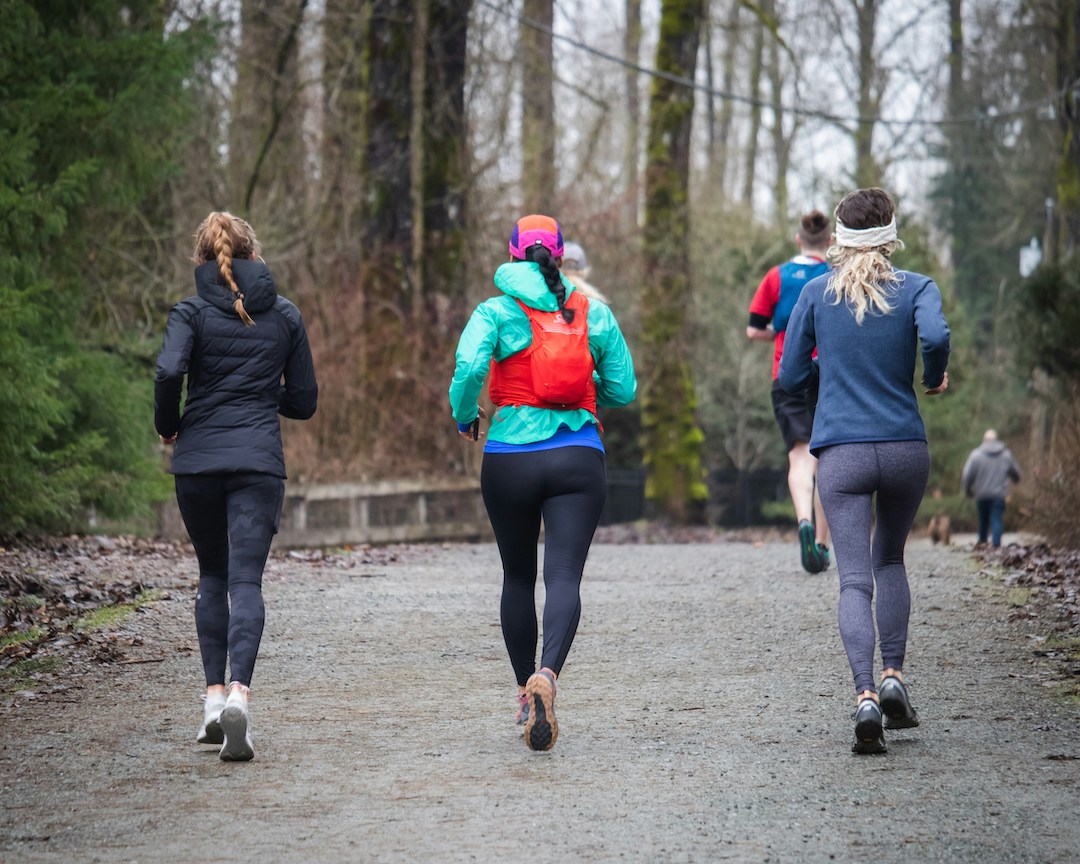From bike rides to backyard footy, research shows that teens who exercise with their parents report better physical and mental health.
In a new study from the University of South Australia, in collaboration with the Children’s Hospital of Eastern Ontario Research Institute (CHEO RI) and a team of Canadian partners, it was found that teenagers exercising with their family were more likely to meet important fitness goals. The more regularly these families exercised together, the better the outcomes. This is vital as data from the World Health Organisation shows that 80 per cent of teenagers are not getting enough physical activity, and that one in five teens play on digital screens for at least four hours a day.

Photo by Christian Tenguan
Supporting our young people
This important study was conducted using the responses of 8213 Canadian teenagers aged 12-17 years, self-reported in the 2019 Canadian Health Survey on Children and Youth.
It found that only 11 per cent of teenagers met national guidelines of 60 minutes of medium-to-vigorous physical activity per day; and just over half (56 per cent) of teenagers engaged in less than two hours of recreational screen time per day.
According to the Australian Institute of Health and Welfare, out of the 3.3 million young people estimated to live in Australia, 14 percent of young people aged 12-17 meet the clinical criteria for one or more mental disorder, the most common of which being anxiety. In fact, the leading cause of burden for people aged 15-24 was anxiety and other mental health conditions.
These statistics reveal the challenges faced by young people all over the world, who are challenged by physical and mental health concerns on a daily basis. Getting out of the house and into their bodies is a great way to reset the system, and promote engagement in the community.
According to co-researcher from CHEO RI Dr. JP Chaput, parents play a powerful role in influencing the behaviour of their children and encouraging them to get moving.
“Exercising as a family does more than get hearts pumping – it may strengthen bonds, builds confidence, and can have a real impact on teenagers’ mental wellbeing,” Dr. Chaput says.
“When parents take an active role in their teens’ physical activity, it can build stronger emotional bonds, improves communication, and helps create a protective buffer against mental health challenges like stress, anxiety, and depression.
“So, when families prioritise being active together, they’re not only building healthy habits, they’re also investing in their teenagers’ long-term wellbeing.

Moving for mental health
The report, which was published in the medical journal Health Rep, found that simple, family-based activities can significantly improve the overall wellbeing of Australia’s teenagers.
In fact, it was found that those who engage in daily exercise with the family had a higher life satisfaction. 23 percent of respondents were able to meet physical activity guidelines of more than 60 minutes a day, and 74 percent met the recommended screen time guidelines of two hours or less a day. Additionally, 81 percent of teens participating in daily activitiy reported better mental health, lower stress (86 percent), anxiety (73 percent) and depression (89 percent).
Dr Justin Lang, Adjunct Professor with UniSA and the Public Health Agency of Canada, believes that the positive outcomes of regular community fitness go beyond just physical improvements.
“We know that regular exercise is great for both the body and mind. But with more teenagers glued to screens and devices, it’s easy for sedentary habits to take hold,” Dr Lang says.
“Getting teenagers up and moving is crucial to reversing the slide into inactivity – and as our study shows, the key may be in getting the whole family involved.
“We found that teenagers who exercise daily with their families are twice as likely to meet activity and screen time guidelines, and four times more likely to report stronger mental health and greater life satisfaction.
“The message is simple: when parents get active with their teens and lead by example, everyone wins. Teens feel better, move more, and their mental health is stronger.”
Dr. JP Chaput echoes this sentiment, emphasising the importance of connecting with teens in this pivotal stage of life.
“Ultimately, it’s a reminder that even small, shared moments of movement can make a big difference.
Did you enjoy this story about exercise? To read about the importance of educating teens on cyber security, click here.

